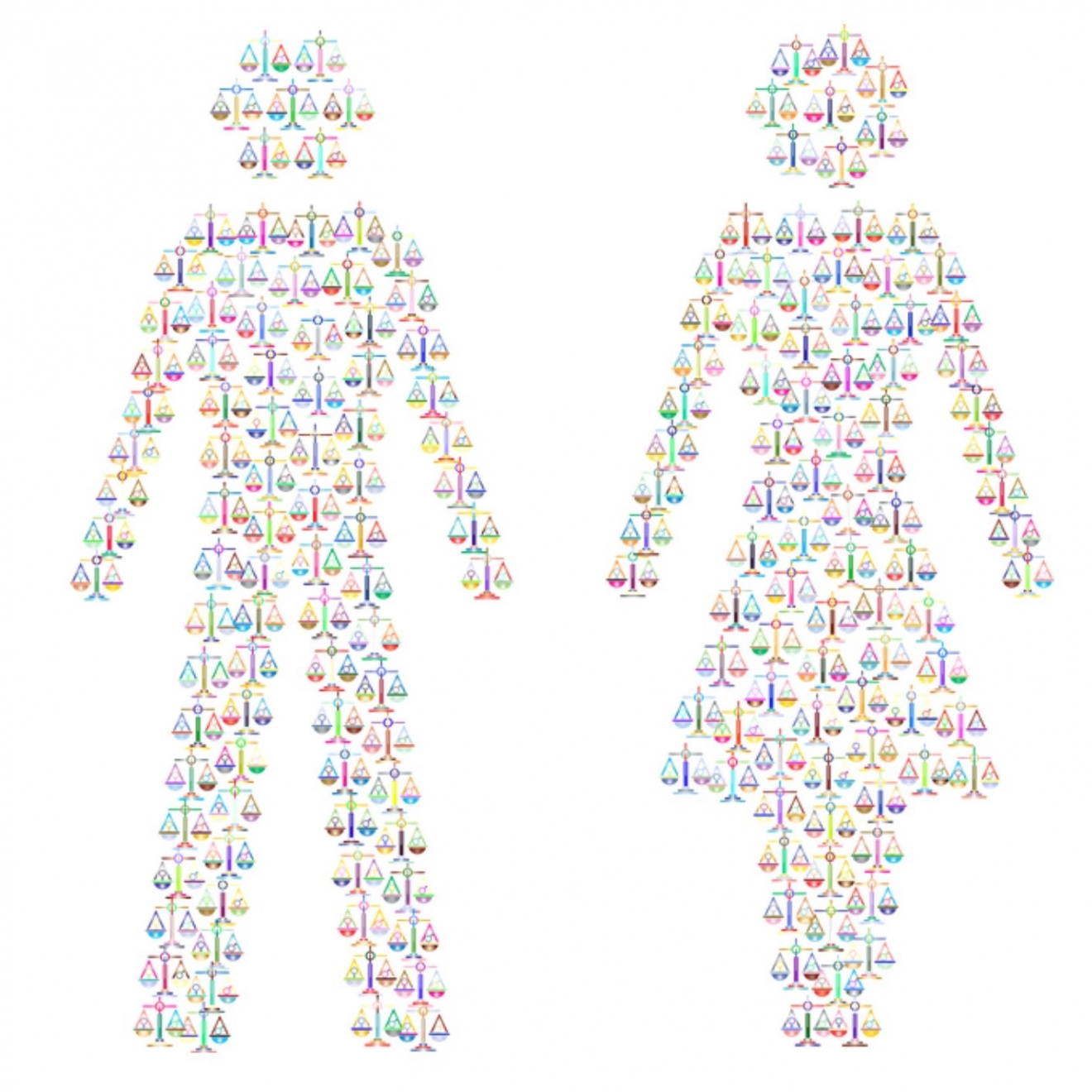October 15, 2019
Gender equality progress remains slow in EU, report claims
 The EU continues its snail’s pace when it comes to gender equality progress, according to the latest Gender Equality Index from the European Institute for Gender Equality (EIGE) shows that the EU’s score for gender equality is up just one point to 67.4, since the 2017 edition. Sweden continues to top the EU scoreboard, with 83.6 points, followed by Denmark with 77.5. Greece and Hungary have the most ground to make up, with both scoring less than 52. The biggest improver is Portugal, with an increase of 3.9 points, followed closely by Estonia with 3.1 points.
The EU continues its snail’s pace when it comes to gender equality progress, according to the latest Gender Equality Index from the European Institute for Gender Equality (EIGE) shows that the EU’s score for gender equality is up just one point to 67.4, since the 2017 edition. Sweden continues to top the EU scoreboard, with 83.6 points, followed by Denmark with 77.5. Greece and Hungary have the most ground to make up, with both scoring less than 52. The biggest improver is Portugal, with an increase of 3.9 points, followed closely by Estonia with 3.1 points.
“We are moving in the right direction but we are still far from the finish line. Our Index, which sets a benchmark for gender equality in the EU, shows that almost half of all Member States fall below the 60 point mark. As the new EU Parliament and Commission shape and renew EU priorities for the next strategic framework, it is crucial that gender equality gathers speed,” said Virginija Langbakk, Director of the European Institute for Gender Equality (EIGE).
A power deficit
The lowest scoring domain is power, which looks at equality in decision-making. Yet, it is the area with the biggest progress. This has been mainly driven by the rise of women on company boards, although in just a few Member States. France is the only one to have at least 40% of each gender on the boards of publicly listed companies.
“Gender inequality is holding Europe back from reaching its full potential. I am proud of what we have achieved, however now our actions need to make a difference on the ground. Our Work-Life Balance Directive adopted this year will be a game-changer for women and men across Europe. The rules will support more equal sharing of caring responsibilities, which will allow women to stay on the labour market and take on challenging roles or management positions,” said V?ra Jourová, European Commissioner for Justice, Consumers and Gender Equality.
Focus on work-life balance
[perfectpullquote align=”right” bordertop=”false” cite=”” link=”” color=”” class=”” size=””]Access to affordable childcare is important for work-life balance, but it is not only children who need looking after[/perfectpullquote]
Work-life balance and its connection to gender equality is a special focus of this year’s Index. Parental leave is one of the important policy measures to support parents who balance caring duties with work but it is not available to all. In the EU, 28% of women and 20% of men are ineligible for parental leave.
Access to affordable and good quality childcare services is important for work-life balance, but it is not only children who need looking after. Ageing and disability rates are rising in the EU, which pushes up demand for long-term care services for older people and people with disabilities. Women of pre-retirement age do the bulk of informal long-term caring in the EU. The difference is remarkable in the 50-64 age group: 21 % of women and 11 % of men care for older people and/or people with disabilities at least several days a week.
Dr Aldrich, from UEA’s School of Economics, said: “Parental leave is part of the set of policies that families use to balance their work and care responsibilities but eligibility criteria and, consequently, rates of access, varies across Member States. Some countries offer universal access to leave, whereas in others eligibility is based upon a set of criteria, typically related to employment status and history.
[perfectpullquote align=”right” bordertop=”false” cite=”” link=”” color=”” class=”” size=””]The self-employed are not eligible, and this is the main reason for ineligibility amongst men[/perfectpullquote]
“Gender differences in labour market attachment and types of work are then reflected through differing access to leave, with rates of ineligibility higher amongst women in almost every Member State. In some countries, same-sex couples are not eligible for leave. In the UK, only employees who have worked continuously for their employer for at least 12 months are eligible.
“The self-employed – a growing part of the workforce – are not eligible, and this is the main reason for ineligibility amongst men. For women, inactivity and insufficient employment tenure are the main drivers. As a result, the UK has one of the lowest rates of eligibility for leave within the EU.
“The report highlights how changing working practices, and government policies failing to keep up with these practices, can cause poor access to leave and gender gaps in eligibility.”
Image by Gordon Johnson
















